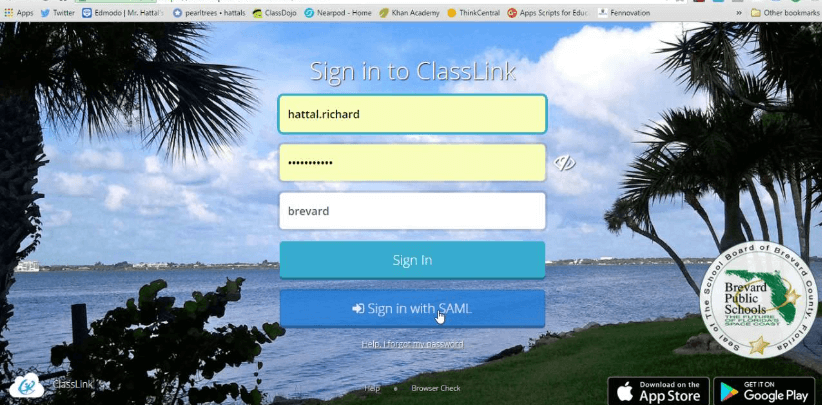Table of Contents
Understanding the Call to Ministry
For many individuals, pursuing a seminary degree is more than just an academic choice—it’s a response to a profound calling. This journey often begins with a deep-seated desire to serve others, explore theological questions, and make a meaningful impact in the world through spiritual leadership.
What is a Seminary Degree?
A seminary degree is a specialized academic program focusing on theological education and ministerial training. These programs are designed to prepare individuals for various roles in religious leadership, including:
- Pastoral ministry
- Chaplaincy
- Religious education
- Missionary work
- Counseling with a spiritual focus
Seminary degrees offer a unique blend of academic rigor and practical ministry experience, equipping students with the knowledge and skills needed for their future roles.
Types of Seminary Degrees
There are several types of seminary degrees available, catering to different career paths and levels of study:
- Master of Divinity (M.Div.)
- Master of Arts in Theology (M.A.)
- Master of Theological Studies (M.T.S.)
- Doctor of Ministry (D.Min.)
- Doctor of Philosophy (Ph.D.) in Theology
Each degree has its own focus and requirements, allowing students to tailor their education to their specific goals and interests.
Prerequisites for Seminary Studies
Before embarking on the journey to obtain a seminary degree, there are typically several prerequisites to consider:
- Bachelor’s degree from an accredited institution
- Letters of recommendation
- Statement of purpose or personal essay
- Demonstrated commitment to faith and ministry
- Some programs may require biblical language proficiency
It’s important to research specific requirements for your chosen program and institution.
The Seminary Degree Curriculum
The curriculum for a seminary degree is comprehensive and multifaceted, often including:
- Biblical studies and interpretation
- Systematic and historical theology
- Pastoral care and counseling
- Homiletics (preaching)
- Church history
- Ethics and Philosophy
- Practical ministry skills
This diverse curriculum ensures that graduates are well-rounded and prepared for the various aspects of ministry.
Balancing Academics and Spiritual Growth

One unique aspect of pursuing a seminary degree is the emphasis on personal spiritual development alongside academic study. This balance is achieved through:
- Regular chapel services and worship experiences
- Spiritual formation classes and retreats
- Mentorship programs
- Community service and outreach opportunities
- Integration of faith and learning in coursework
This holistic approach helps students grow both intellectually and spiritually throughout their studies.
Practical Experience and Internships
Many seminary degree programs incorporate practical experience through internships or field education. These opportunities allow students to:
- Apply theoretical knowledge in real-world settings
- Gain hands-on ministry experience
- Develop leadership and interpersonal skills
- Network with established ministry professionals
- Discern their specific calling within ministry
This practical component is invaluable in preparing students for the realities of ministry work.
Choosing the Right Seminary
Selecting the right seminary for your degree is a significant decision. Consider the following factors:
- Denominational affiliation (if any)
- Theological perspective
- Location and campus culture
- Faculty expertise and research interests
- Available resources and facilities
- Accreditation status
- Financial aid options
Take time to visit campuses, speak with current students and faculty, and pray for guidance in your decision-making process.
Financial Considerations
Pursuing a seminary degree can be a significant financial investment. Here are some ways to manage the cost:
- Scholarships and grants specific to seminary students
- Work-study programs
- Church sponsorship or denominational support
- Federal student aid (for accredited institutions)
- Part-time study options to balance work and education
Many seminaries offer financial counseling to help students navigate these options.
The Challenges of Seminary Life
While rewarding, pursuing a seminary degree can present unique challenges:
- Rigorous academic demands
- Balancing study with personal spiritual growth
- Potential relocation and lifestyle changes
- Questioning and refining personal beliefs
- Managing family responsibilities alongside studies
Being prepared for these challenges can help students navigate their seminary journey more effectively.
Career Paths After Seminary
A seminary degree opens doors to various career paths, including:
- Congregational ministry
- Nonprofit leadership
- Chaplaincy in hospitals, military, or corporations
- Teaching in religious schools or higher education
- Faith-based counseling
- Missions and international development work
- Religious publishing and media
The skills and knowledge gained through a seminary degree are adaptable to many fields where spiritual leadership and insight are valued.
Continuing Education and Professional Development
Obtaining a seminary degree is often just the beginning of a lifelong journey of learning and growth. Many graduates continue their education through:
- Doctoral studies
- Specialized certifications
- Continuing education courses
- Professional development workshops
- Denominational training programs
This ongoing learning helps ministry professionals stay current and effective in their roles.
Pursuing a seminary degree is a unique and transformative journey that combines academic study with spiritual formation and practical ministry experience. It’s a path that requires dedication, reflection, and a genuine desire to serve others through spiritual leadership. Whether you feel called to traditional pastoral ministry, chaplaincy, education, or another form of religious service, a seminary degree can provide the foundation you need to answer that call effectively.
As you consider this path, remember that it’s not just about acquiring knowledge but about being transformed and equipped to make a meaningful impact in the lives of others. The journey may be challenging at times, but for those who feel called to this vocation, it can be incredibly rewarding and fulfilling. If you’re feeling drawn to explore a seminary degree, take the time to reflect, seek guidance from mentors, and research your options. Your journey in ministry may be just beginning, and a seminary education could be the next step in answering that call.
Also Read: Resources to Keep Track of Your Data Quality















